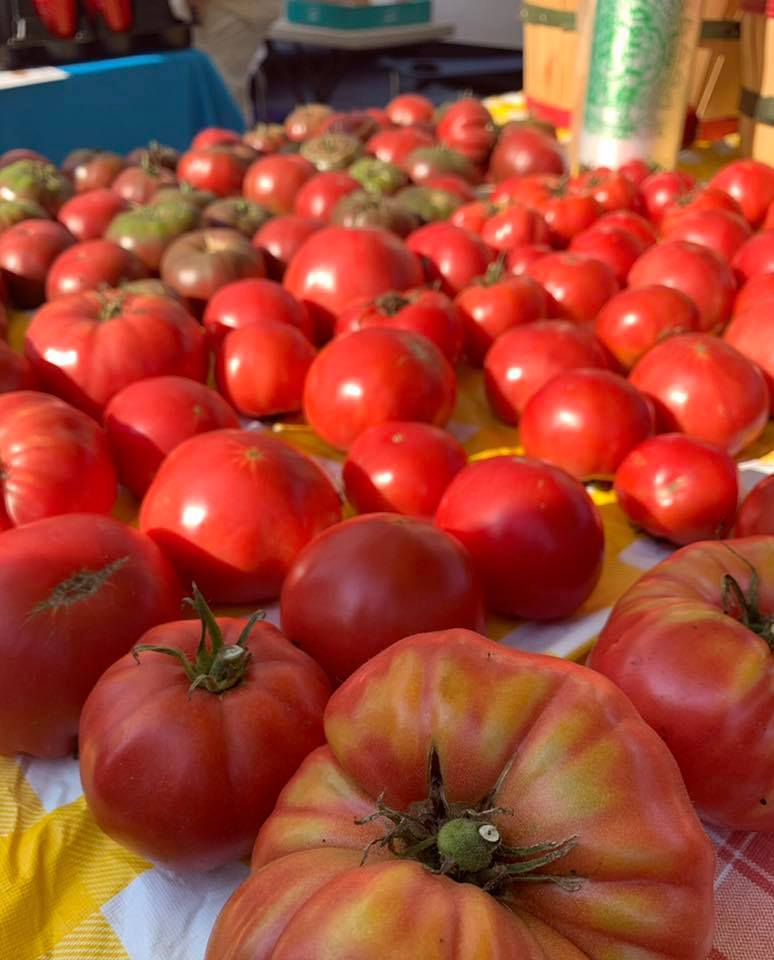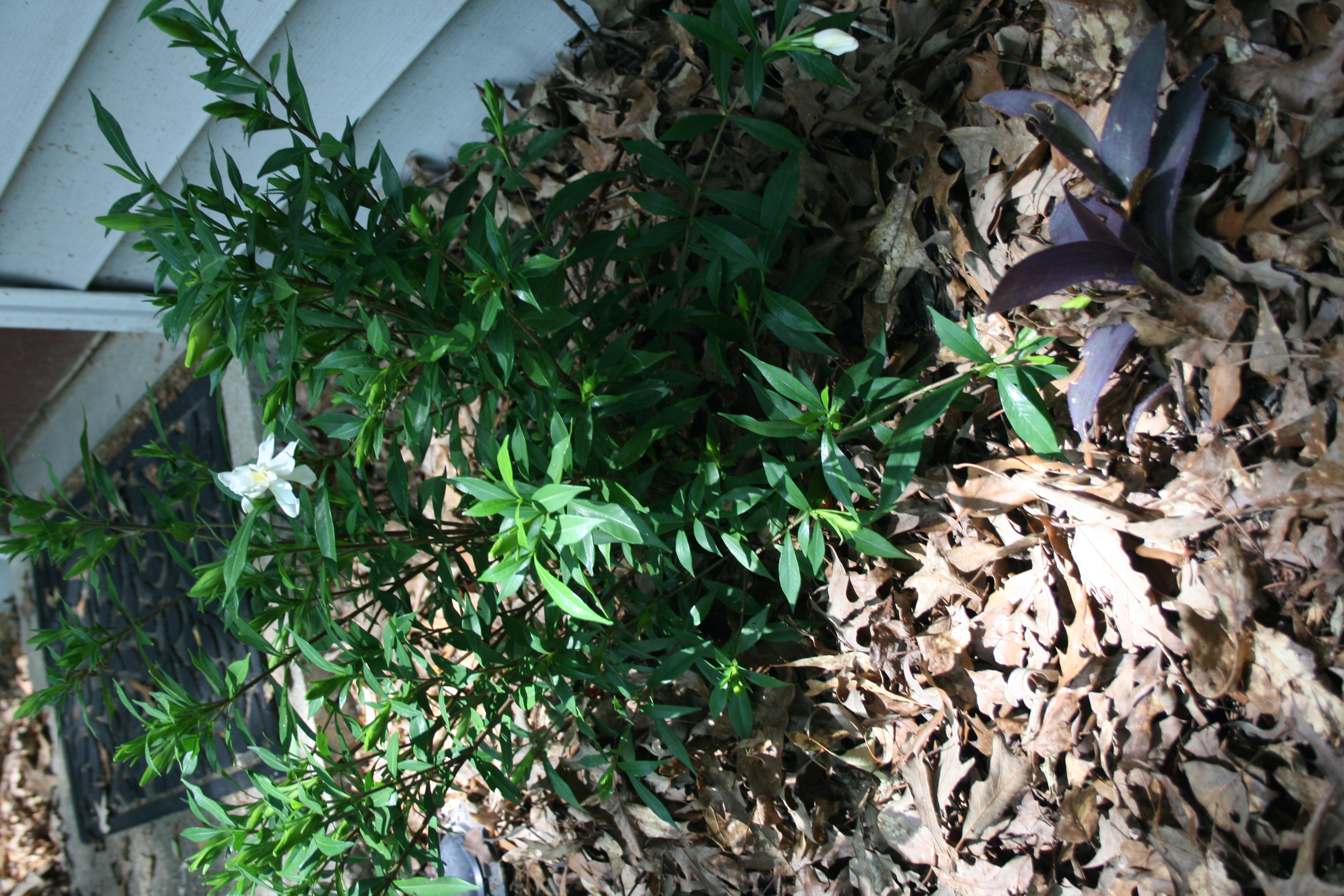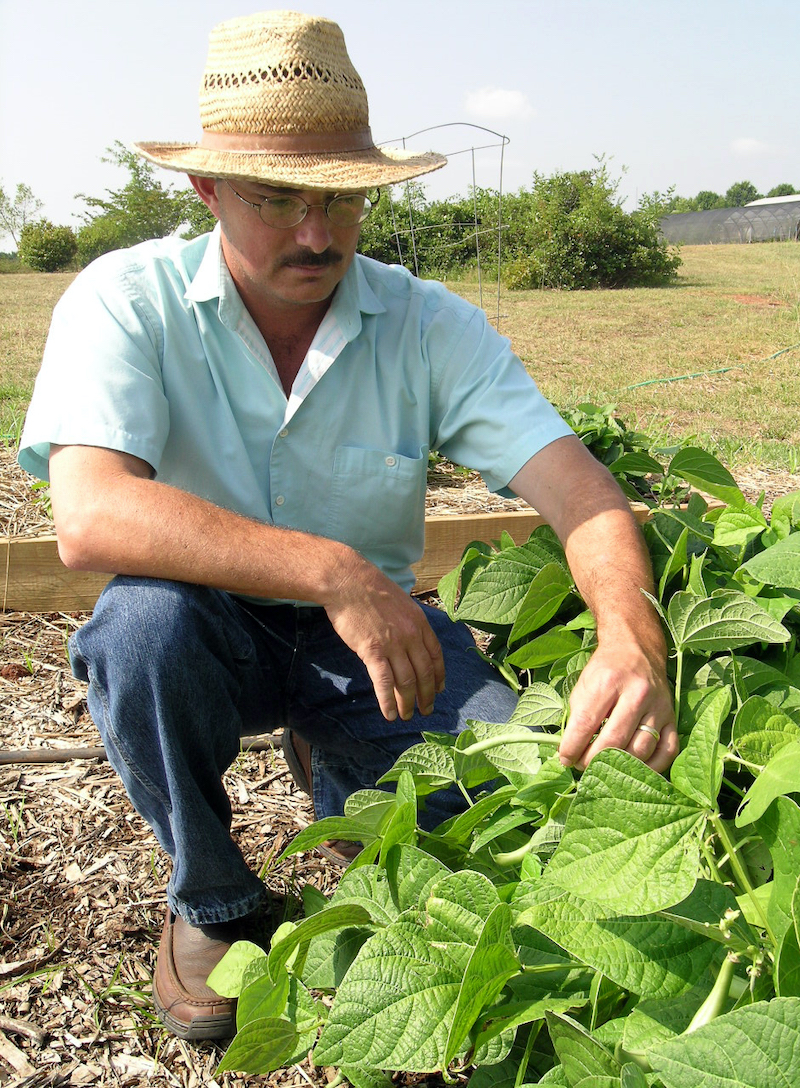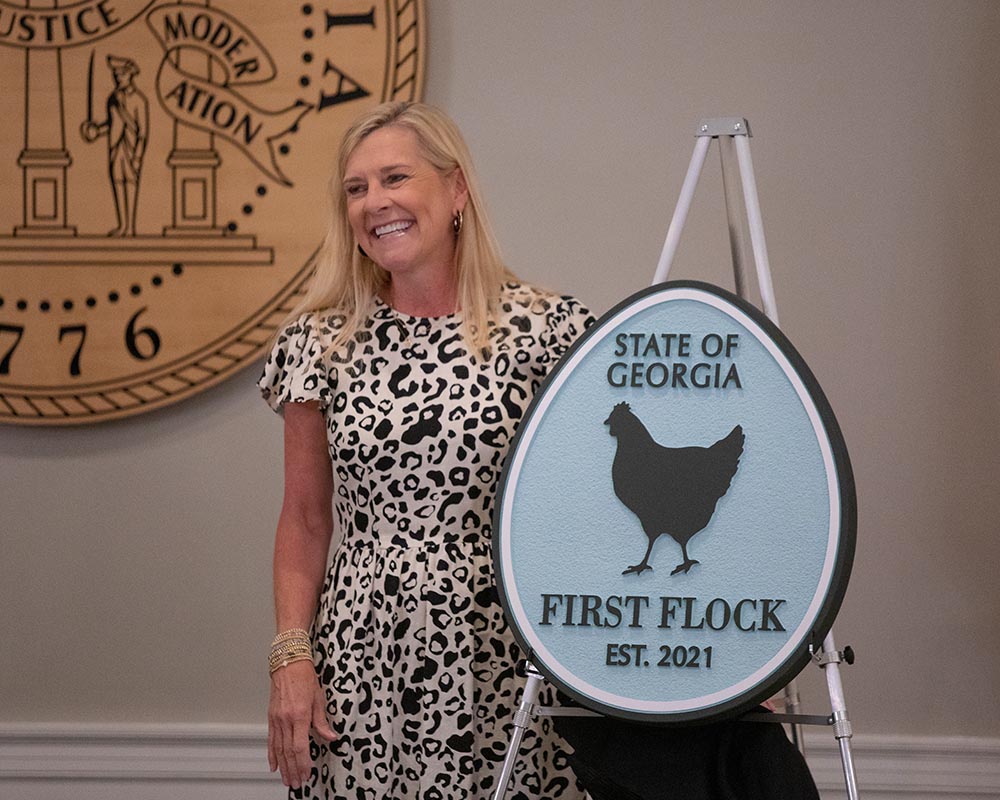 CAES News
CAES News
First Flock
Thanks to a prize-winning chicken coop design by 4-H and FFA students from Warren County, Georgia’s newly established First Flock now has a stately home on the 18-acre grounds of Governor’s Mansion in Atlanta.

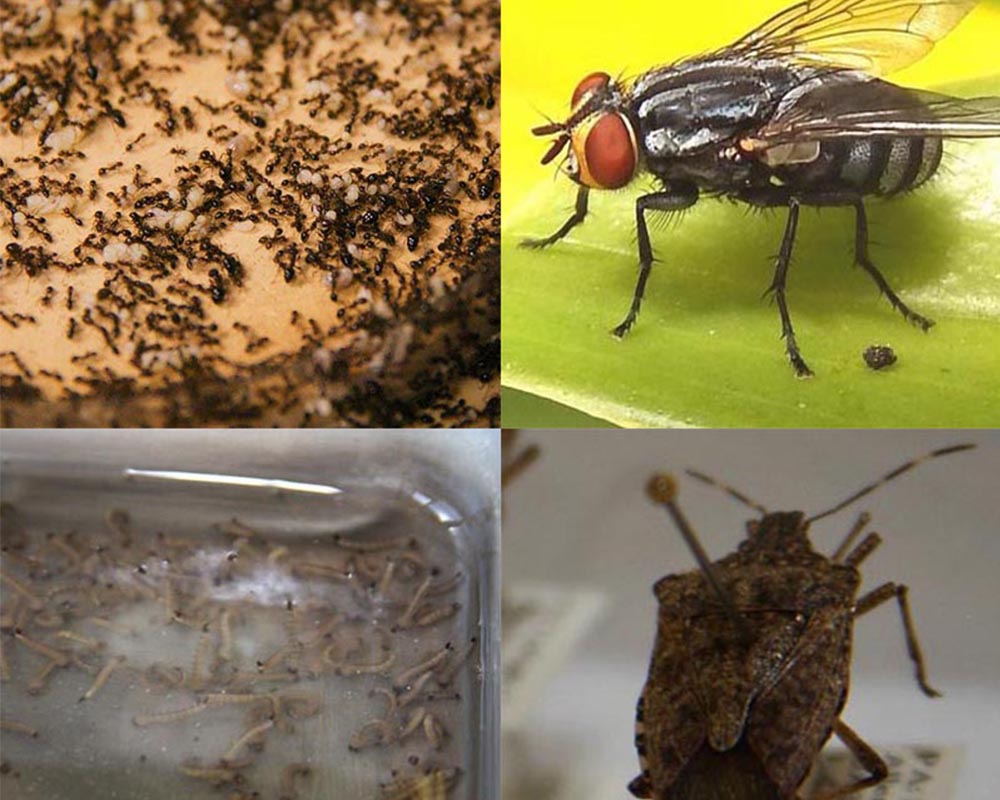
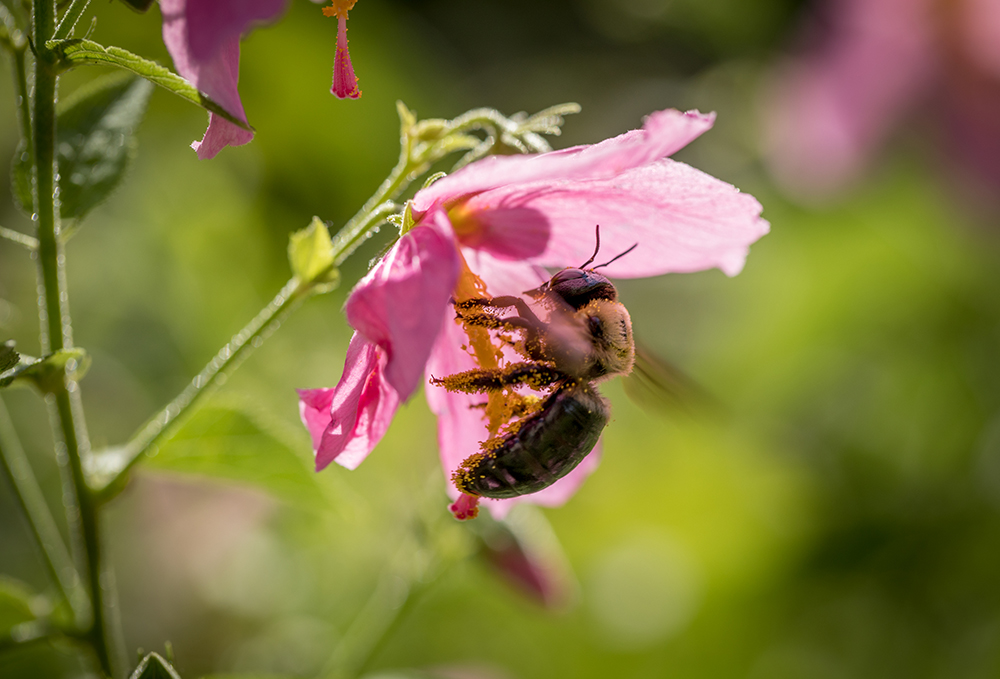
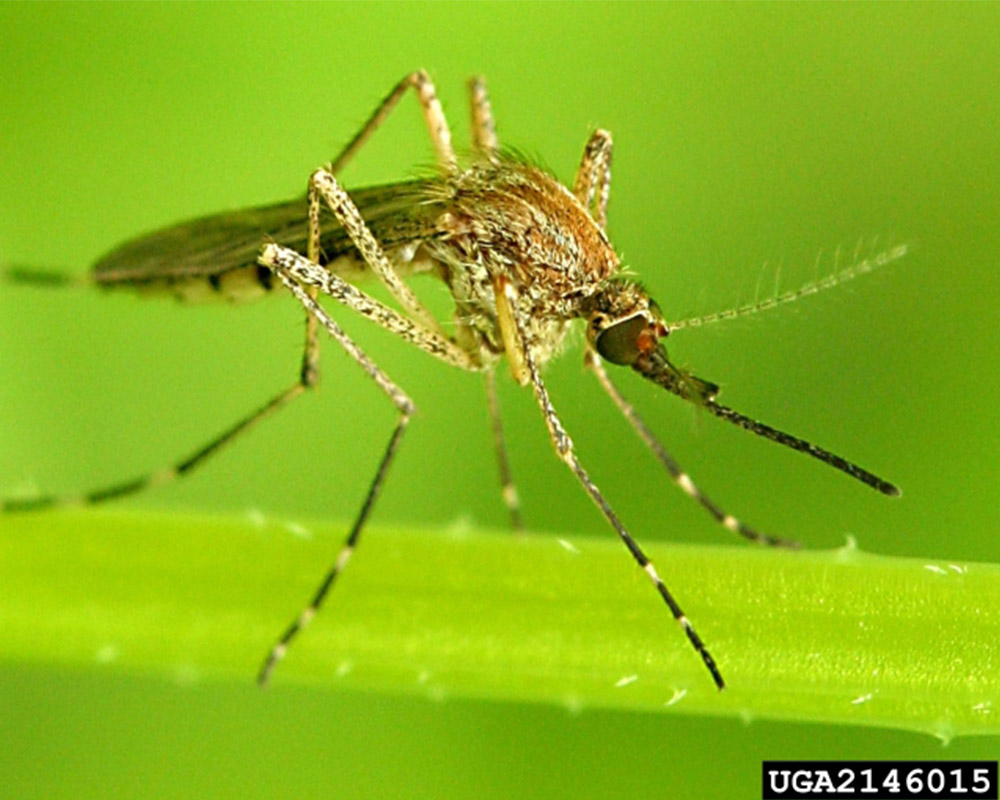

.JPG)
